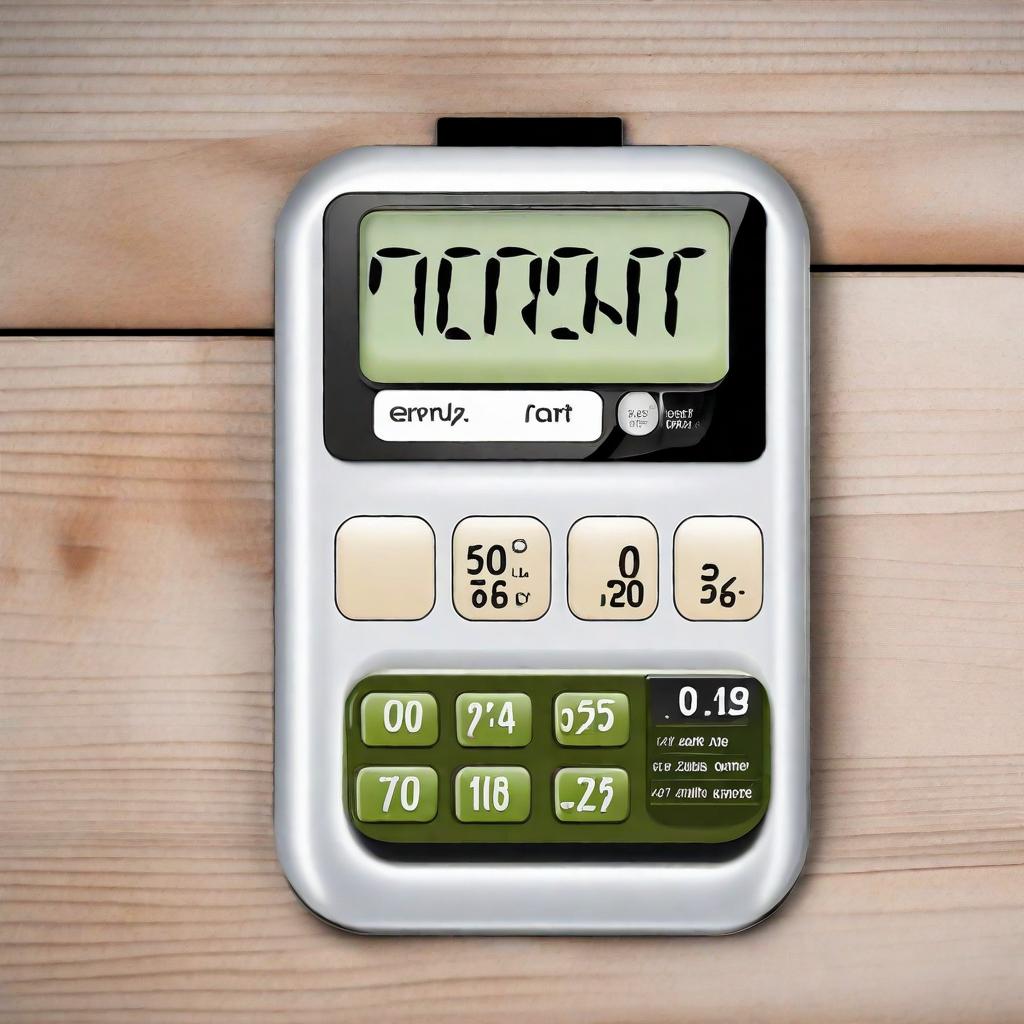Calorie Counter
Understanding the Power of a Calorie Counter:
Calorie Counter 101: Everything You Need to Know for Effective Calorie Management
Table of Contents
Introduction to Calorie Counting
In today’s health-conscious world, staying on top of your nutritional intake is more important than ever. One crucial tool in the arsenal of anyone looking to manage their diet effectively is a calorie counter.
This simple yet powerful tool can help you understand and monitor the energy you’re consuming and burning throughout the day.
But what exactly is calorie counting, and how can it benefit your health and wellness goals?
The Benefits of Using a Calorie Counter
Calorie counters are not just about cutting back; they’re about creating balance.
By understanding the calories in the food you eat and the calories you expend through activities, you can create a diet that supports your lifestyle while also helping you achieve your weight management goals. Here are just a few benefits of using a calorie counter:
- Promotes Weight Management: By tracking your calorie intake, you’re better equipped to maintain, lose, or gain weight, depending on your goals.
- Increases Nutritional Awareness: A calorie counter can help highlight the nutritional content of your foods, making it easier to choose healthier options.
- Supports Goal Setting: Knowing your calorie needs and how your daily intake fits into those needs can help you set and achieve realistic health and fitness goals.
How Does a Calorie Counter Work?
At its core, a calorie counter functions by aggregating nutritional information from a vast database of foods and beverages to help you track the energy content of everything you ingest.
Here’s a simplified breakdown of the process:
- Food Entry: You input the foods and quantities you’ve eaten.
- Calorie Calculation: The counter uses its database to calculate the total calories of your inputs.
- Activity Tracking: Many calorie counters also allow you to enter physical activities to subtract the calories you’ve burned from your total intake.
Breaking Down Calories Per 100g: What You Need to Know
Understanding calories per 100g can be vital for comparing foods and making healthier choices.
This metric gives you a straightforward comparison of the energy content in different foods, irrespective of serving size.
For instance, while avocados are high in calories per 100g due to their healthy fats, they also offer significant nutritional benefits like fiber and potassium.
Balancing higher calorie foods with lower calorie, nutrient-dense options can help you meet your daily goals without sacrificing satisfaction or nutrition.
The Best Foods for Calorie Counting
When using a calorie counter, incorporating a variety of nutrient-dense foods can make your diet both enjoyable and fulfilling. Here are some top choices:
- Fruits and Vegetables: Low in calories but high in fiber, vitamins, and minerals.
- Lean Proteins: Including chicken, turkey, fish, and vegetarian sources like lentils and beans.
- Whole Grains: Quinoa, brown rice, and whole wheat products offer sustainable energy.
- Healthy Fats: Avocado, nuts, and seeds are calorie-dense but packed with beneficial nutrients.
Incorporating a Calorie Counter into Your Daily Routine
Adopting a calorie counter into your daily life is straightforward.
Begin by choosing a user-friendly app or start with our website, then dedicate a few minutes each day to logging your meals and activities.
Here’s How Calorie Counter Works:
- Logging Meals: Throughout the day, whenever you eat or drink something, you log it into the app. For example, if you have oatmeal for breakfast, you enter the details such as the serving size, type of oatmeal, and any toppings like fruit or nuts.
- Calorie Calculation: The app calculates the total number of calories in your meal based on the nutritional information of the foods you’ve entered. For instance, it might tell you that your breakfast contained 300 calories.
- Tracking Progress: As you continue to log your meals and snacks throughout the day, the app keeps a running total of your calorie intake. It might also provide you with a breakdown of how many calories you have left for the day based on your weight loss goals.
- Additional Features: Some calorie counter apps offer additional features like tracking macronutrients (such as protein, carbohydrates, and fats), setting personalized goals, and providing nutritional advice or meal suggestions.
By using a calorie counter, you can gain insight into your eating habits, make more informed food choices, and stay on track with your health and fitness goals
This knowledge can empower you to make informed decisions that align with your health goals.
Conclusion and Call to Action
Utilizing a calorie counter is a simple yet effective way to gain insight into your dietary habits, make healthier choices, and align your caloric intake with your fitness goals.
Whether you’re looking to lose weight, gain muscle, or simply maintain a balanced diet, a calorie counter can be an invaluable tool on your wellness journey.
Now, we’d love to hear from you! Have you used a calorie counter in your health and wellness routine? Share your experiences in the comments below, and let’s encourage each other towards healthier, more informed dietary choices.

